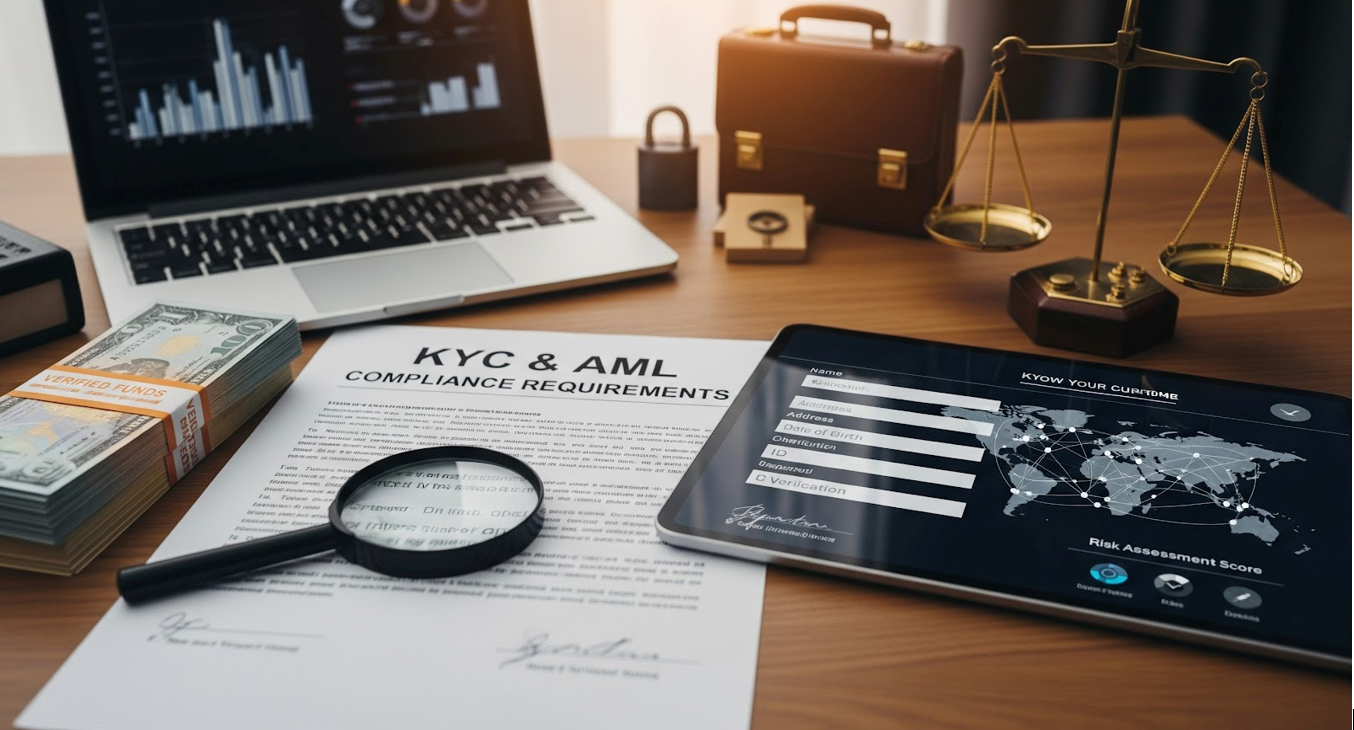Web3 & Crypto: Legal Questions You Actually Need Answers To

If you're building anything in Web3—DeFi, NFTs, DAOs, you name it—there's a constant headache: compliance. Rules change fast. Some are unclear. Some are strict. Missing a detail can kill your project or get you fined. So we rounded up seven of the most common legal questions people ask and broke them down in plain English.
Let’s jump right in.
What are the current regulations for cryptocurrency in the US?
Crypto in the U.S. is in legal limbo. The main players trying to regulate it are:
- SEC (Securities and Exchange Commission) — They think many tokens are securities and need to follow investor protection laws.
- CFTC (Commodity Futures Trading Commission) — They say some tokens are commodities.
- FinCEN (Financial Crimes Enforcement Network) — Focused on anti-money laundering.
There’s no single crypto law yet. Instead, you need to figure out if your token is a security (check the Howey Test), register with FinCEN if you’re a money services business, and stay aware of each state's rules too. Oh—and expect more rules to come soon.
How to comply with KYC/AML for a DeFi project?
If you’re building a DeFi app, KYC (Know Your Customer) and AML (Anti-Money Laundering) laws are tricky.
Why? Because DeFi is usually permissionless. But regulators don’t care. If your project touches customer funds or facilitates trades, expect heat.
To play it safe:
- Use third-party tools to verify user identity.
- Monitor for suspicious activity (wallet mixing, repeated large trades, etc.).
- Document everything. If regulators come knocking, show them your efforts.
Even if your project is decentralized, if you’re running the frontend or getting revenue, you might still be held liable.
Are DAOs legally recognized?
Right now, DAOs aren’t automatically legal entities in most places. They don’t have the same rights as an LLC or corporation unless you set them up with a legal wrapper.
A few states (like Wyoming and Tennessee) offer DAO LLC structures. That gives you:
- Legal protection (you won’t be personally liable)
- Clear rules for ownership and voting
- A way to hold assets like a company
Outside the U.S., the rules vary. Some countries treat DAOs as unregistered partnerships—which means legal mess if something goes wrong.
What is MiCA regulation for crypto?
MiCA (Markets in Crypto-Assets) is the EU’s big new crypto law, expected to roll out fully by 2025.
Here’s what it covers:
- Stablecoins
- Utility tokens
- Asset-referenced tokens
- Crypto service providers (like exchanges and wallets)
Key points:
- You need a license to operate in the EU.
- Whitepapers and disclosures are required.
- Stablecoins are heavily regulated—limits on how many people can hold them, capital requirements, etc.
MiCA is way more structured than what we have in the U.S. If you’re targeting EU users, it’s something you can’t ignore.
How to set up a legally compliant Web3 startup?
Start with three main steps:
- Pick a friendly jurisdiction — Delaware, Wyoming (DAO LLC), Switzerland (Zug), Singapore, and the Cayman Islands are all solid choices.
- Form a legal entity — LLCs or foundations are the go-to structures depending on if you're for-profit or protocol-focused.
- Stay on top of these areas:
- Token classification (security vs utility)
- Taxes
- KYC/AML obligations
- Smart contract liability
Also: get legal advice early. It’s cheaper than trying to clean up a mess later.
What are the legal implications of decentralized autonomous organizations?
DAOs change how people organize and make decisions. But legally? They're a gray area.
If a DAO isn’t registered, it’s often seen as a general partnership—which means:
- Every member could be personally liable.
- It’s hard to open bank accounts or sign contracts.
- There’s no shield from lawsuits.
To fix that, some DAOs set up an LLC or foundation. Others create off-chain legal structures that handle the money and paperwork, while the DAO manages the protocol.
If your DAO handles funds or governance, consider a hybrid model: legal shell + on-chain logic.








.jpg)
